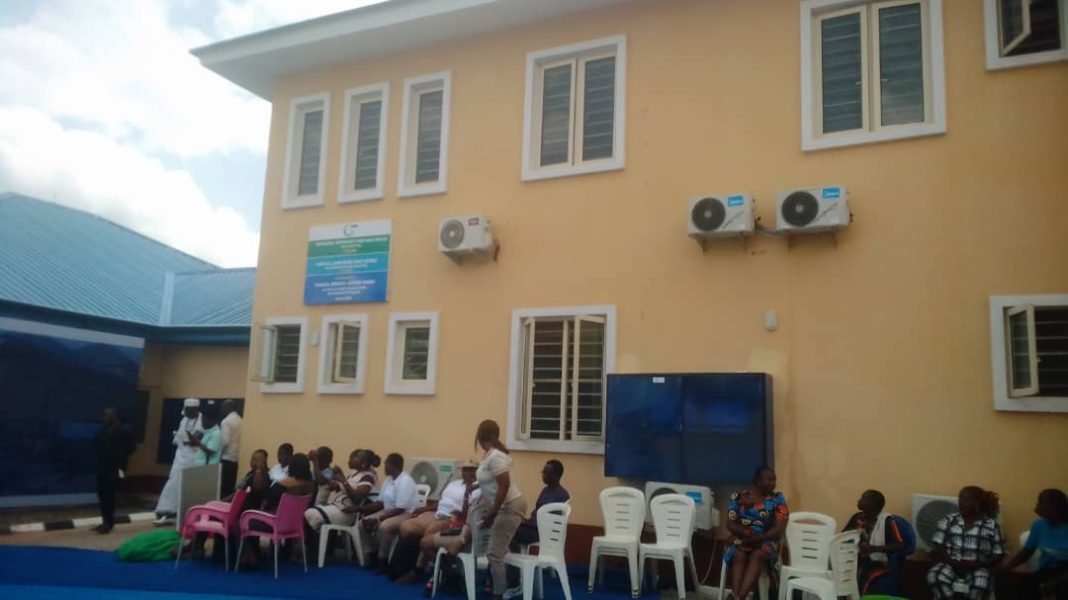By Israel Adamu, Jos
The Federal Government has launched the Presidential Community Engagement Peace Initiative (PCEPI) to address insecurity in Nigeria’s North-Central region.
Our correspondent reports that the initiative is the brainchild of Mrs. Abiodun Essiet, the Senior Special Assistant to the President on Community Engagement, responsible for the North-Central zone.
Speaking at the event on Thursday in Jos, Essiet said the initiative aims to promote peace and security across the states within the region.
“This initiative is an innovative peace network designed to drive the peace agenda and promote social cohesion throughout the region.
“In recent times, the region has witnessed troubling violence, including banditry, farmer-herder clashes, insurgency, and kidnapping.
“The challenges facing the region are serious and far-reaching. The security situation has resulted in tragic loss of lives and property.
“This demands a proactive and engaging response—one that places communities at the forefront of peacebuilding.
“That is why we have gathered here today to launch a new pathway through the Presidential Community Engagement Peace Initiative,” she said.
In his remarks, the Gbong Gwom Jos, Da Gyang Buba, urged Nigerians to pass down historical knowledge to younger generations.
He said this would provide a better perspective for addressing the lingering conflicts in the region.
Inaugurating the initiative, Governor Caleb Mutfwang of Plateau State said it would significantly promote peaceful coexistence in the area.
“This initiative is driven by the belief that peace is not only a goal but a shared responsibility.
“We gather here at a critical moment in our national journey,” he added.
Dr. Mrs. Abiodun Essiet noted that the event was organised as part of efforts to tackle the insecurity that has plagued the region.
Senator Simon Lalong, representing Plateau South Senatorial District, emphasized that unless local government systems are empowered to operate with the autonomy guaranteed by the constitution, their ability to serve as first responders to insecurity will remain elusive.
Senator Lalong stressed that all security challenges are local and must be nipped in the bud before they escalate.
He said the recent Supreme Court ruling on local government autonomy is one of the ways the APC administration under President Bola Ahmed Tinubu plans to address insecurity, enabling grassroots authorities to respond swiftly to security issues.
Lalong further argued that combining kinetic and non-kinetic approaches at the grassroots level will prevent criminality from growing into a national threat.
He also highlighted the constitutional role of traditional rulers in addressing insecurity, noting that he sponsored the National Council for Traditional Rulers Bill, which has passed second reading in the Senate and awaits public hearing.
Lalong advised the government to sustain existing systems that foster dialogue and reconciliation while strengthening the capacity of security agencies to collaborate effectively.
Chief of Defence Staff, Lt. Gen. Christopher Musa, said the challenge of insecurity in Nigeria cannot be resolved by military action alone and requires a multi-faceted approach.
He advocated for stronger border controls, including fencing Nigeria’s borders to curb illegal entry and cross-border crime.
Gen. Musa also urged the political class to make sound decisions and provide proper direction, assuring that the armed forces are ready to execute their mandate.





